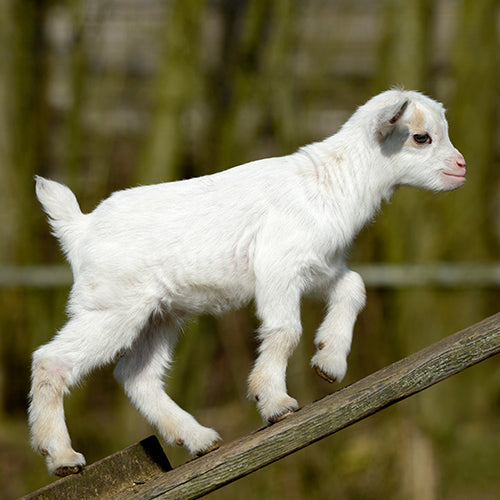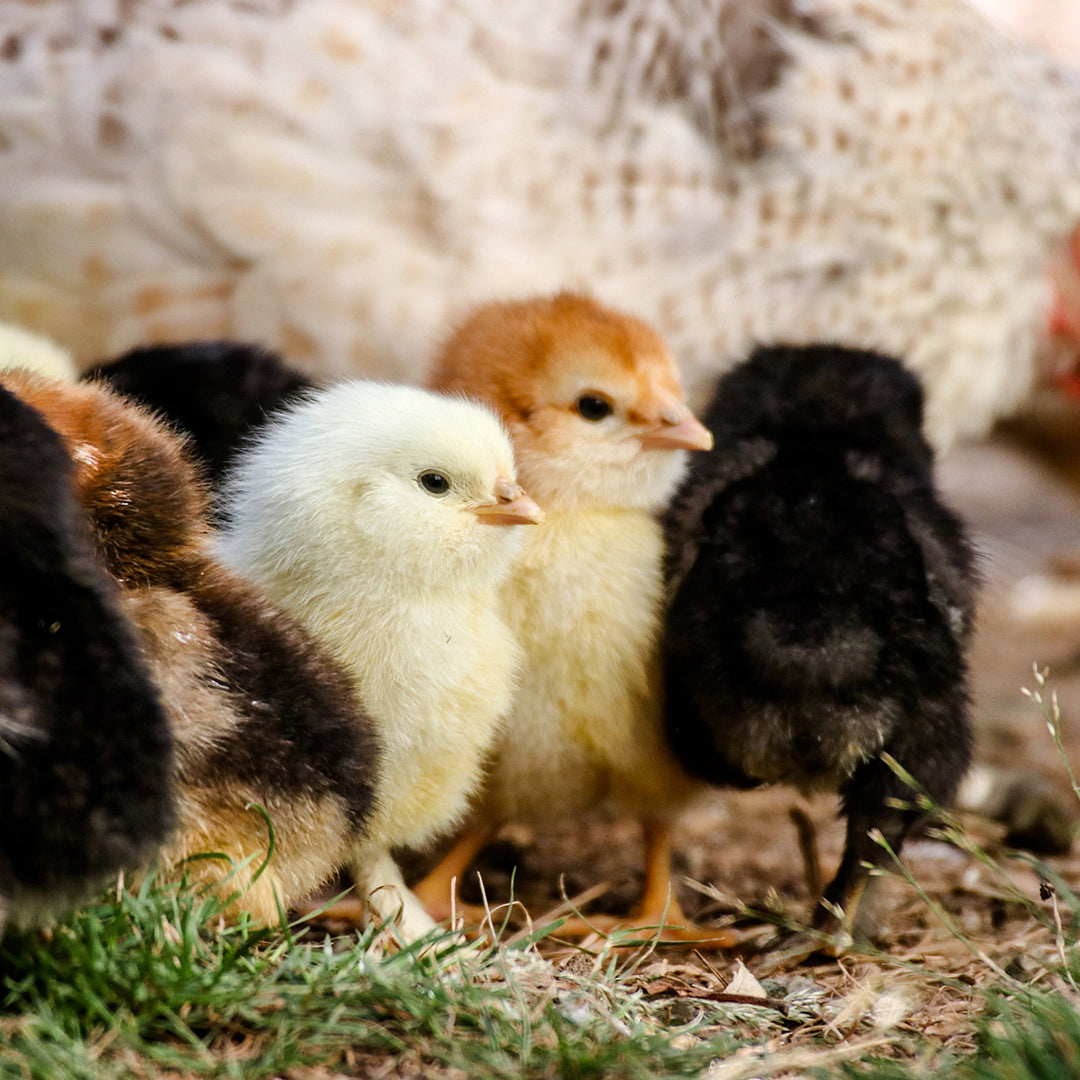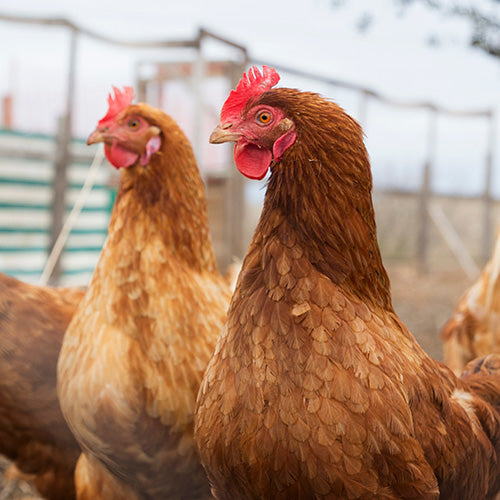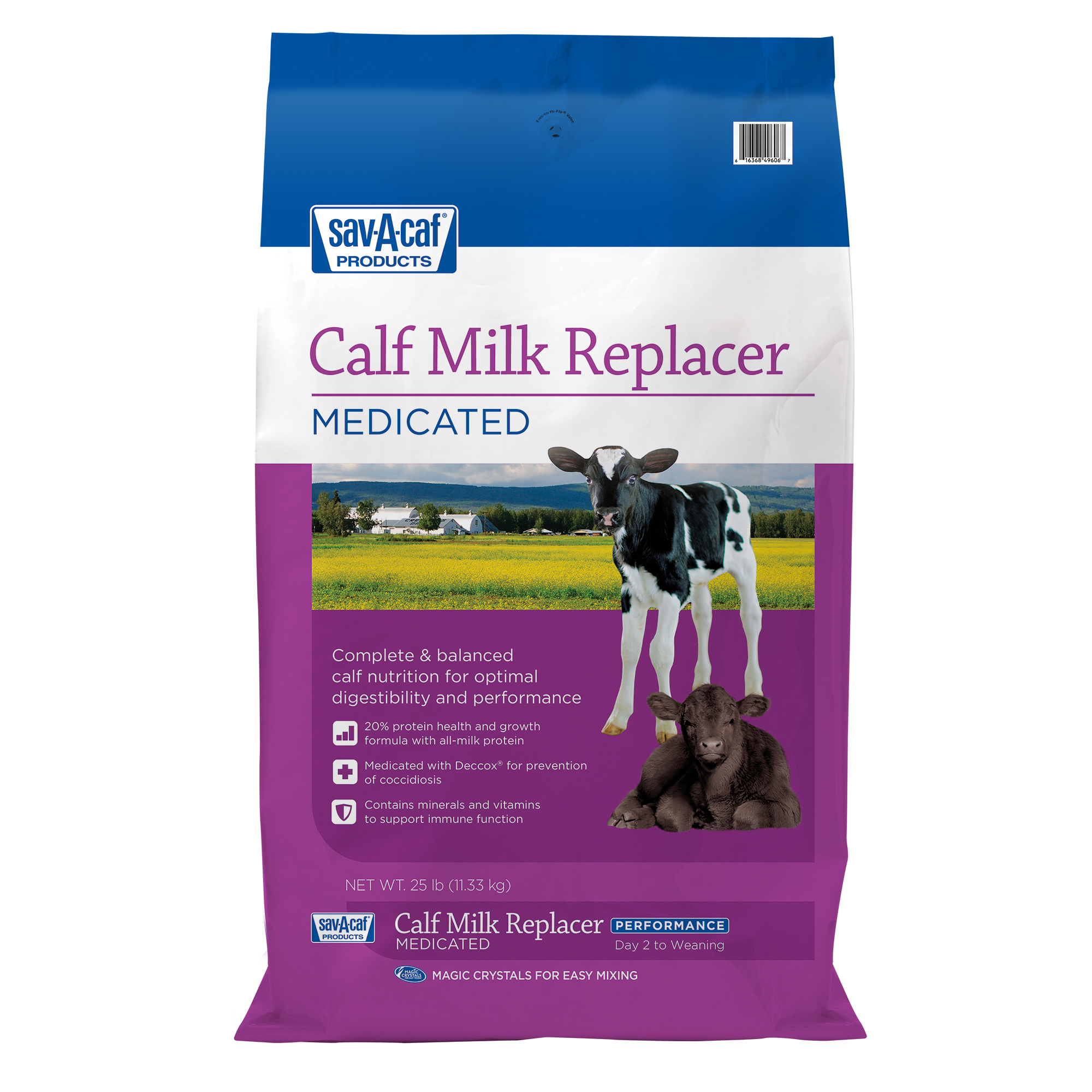
What to know before getting goats
Thinking of getting goats? They’re great animals to have around, especially for those starting out on their farm journey. We all know and love them for their cute looks and hilarious personalities, but there are some needs and behaviors that may catch newbies off guard. To make sure you’re prepared to welcome goats to your homestead, let’s break down seven things you should know.
1. Goats are herd animals.
Goats do not do well on their own, so you’ll need to get at least two from the get-go. We recommended starting with a smaller number as you get used to caring for them. You can always add more later!
Unless you plan to breed goats, get wethers (castrated males) to accompany your does to keep your herd to the intended size. If you do decide to breed your does, do plenty of research to ensure you’re ready to prepare your farm for kidding, play your role in the kidding process, care for your goats afterward and provide the right nutrition for newborns.
2. They can be loud.
Prepare your ears! A goat’s bleat can be pretty loud. Since they’re social, they like to communicate, and bleating is how they do it. While they may just be communicating with each other, they could also be feeling hungry if dinner is late or bored if their pen is too small. Get to know your goats’ behavior well so you can tell when they’re just being playful and when they’re alerting to something being wrong.
3. They’ll eat every growing thing they can find.
Hide your flowerpots! Goats love plants and won’t know the difference between a decoration and dinner. Unlike cows and sheep that munch on grass all day long, goats are foragers that like variety in their diet. They’ll nibble on grasses but especially love leafy plants like weeds, bushes and trees – even your carefully planted garden if they have access to it. While they’re not picky eaters, they should not be treated like garbage cans. Providing optimal nutrition is one of the best ways to support your herd’s health.
As newborns, it’s critical they get high-quality colostrum in a timely manner followed by high-quality milk or milk replacer until weaning. As adults, goats need a balanced diet of forages, browse, hay and concentrates.
4. They like to jump and climb on things.
Yep, even your brand-new car. Be careful what they have access to! Goats are active animals that love to play, jump and climb. Encouraging this natural behavior will keep your herd happy and comfortable so add things they can interact with in their enclosure. Large wooden spools, ramps, big logs, tree stumps and even play sets make great climbing equipment your goats will love.
5. They’re escape artists.
If you haven’t already, you’ll learn this lesson quickly. Goats are highly skilled at finding creative ways out of their enclosures, so you’ll want to make sure you have a secure fence. Plus, strong fencing is important for keeping natural predators away.
Look for goat fencing that’s at least 4 feet tall, can be buried at least 1 foot underground and has gaps small enough that your goats won’t be able to climb through it. Keep any of that fun climbing equipment away from the fence line to keep goats from jumping off and over the fence. It’s also important to check the fence line often for damage or holes. Your goats will find them quickly!
6. They hate getting wet.
Make sure they have shelter where they can stay dry during storms. Unlike cattle, they won’t tolerate standing out in the rain. Goats need at least 20 square feet of inside space and 1/10 of an acre of outdoor pasture per animal.
7. They’re an absolute joy to have on the farm.
Goats are personable, hilarious and affectionate animals that are fun for the whole family to interact with. Looking for more resources as you prepare your farm for these energetic animals? Find additional tips and guidance for goat care and nutrition.Find Solutions for Your Animals
-

January 11, 2022
Whether housed in a coop or free ranging on your farm, your birds are exposed to multiple threats every day that could cause illness or impact their well-being. Now there’s a way to be more proactive with regular support for...
-

April 6, 2022
You’ve raised your chicks to adulthood and now they’re fully feathered hens. Way to go! Now, you get to enjoy their eggs and companionship for years to come. To maximize their life, support their production potential and kee...





